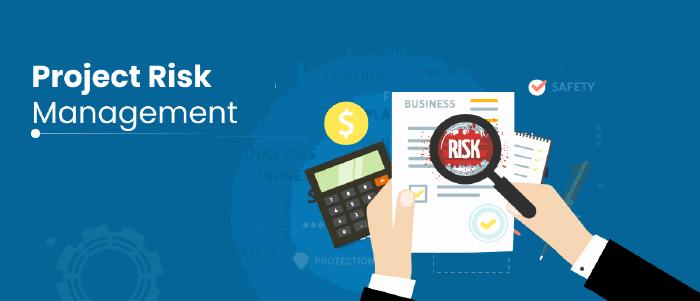
February 21 2023
7 min read

Apr
While preparing for PMP certification, aspirants often harbor misinformation or myths that can demotivate them or lead their preparation in the wrong direction. Here are the five most common myths around the PMP examination:
While the PMP exam is rigorous, it is not difficult to pass. With the correct guidance and proper preparation, anyone can earn the certification.
PMP is a well-respected certification in the project management field, and it applies to all types of project management methodologies, including Predictive, Adaptive, and Hybrid. In fact, around 50% of questions in the PMP exam are on the adaptive life cycle model.
While a general understanding of project management terminologies is essential, memorizing definitions, tools, and processes is unnecessary for the PMP exam. PMI is interested in testing your ability to apply project management concepts in real-life situations.
The PMBOKs are NOT the official syllabus of the PMP Exam. The official syllabus of the PMP Exam is the PMP Examination Content Outline. PMBOK 6th / 7th editions are one of the many references recommended for the PMP exam by the PMI PMP Exam Reference List (pmi.org)
The PMP exam doesn’t include any numerical questions! Although one needs to understand topics such as critical path method, earned value technique, and cost-benefit analysis techniques such as NPV, ROI, IRR, etc. but, there will be no numerical questions in the exam.

February 21 2023
7 min read

September 25 2023
7 min read

September 15 2023
7 min read

September 5 2023
8 min read